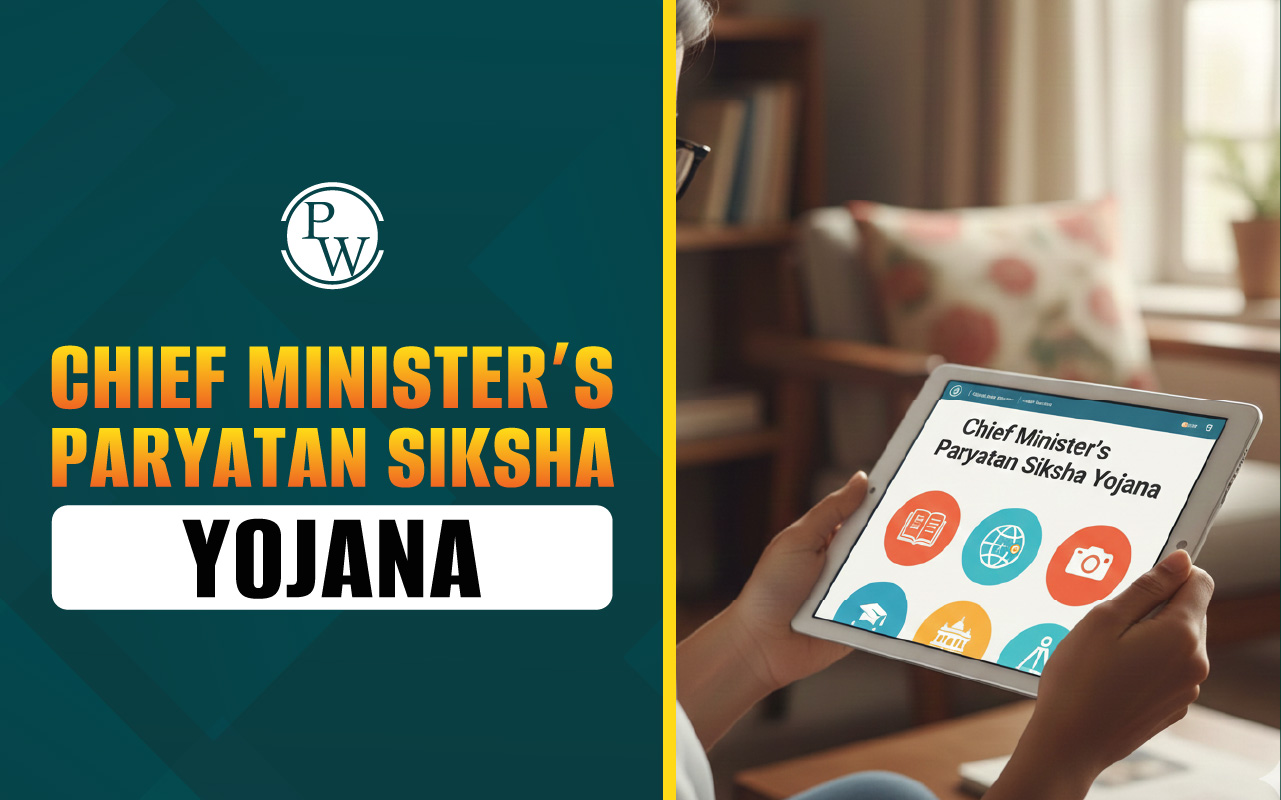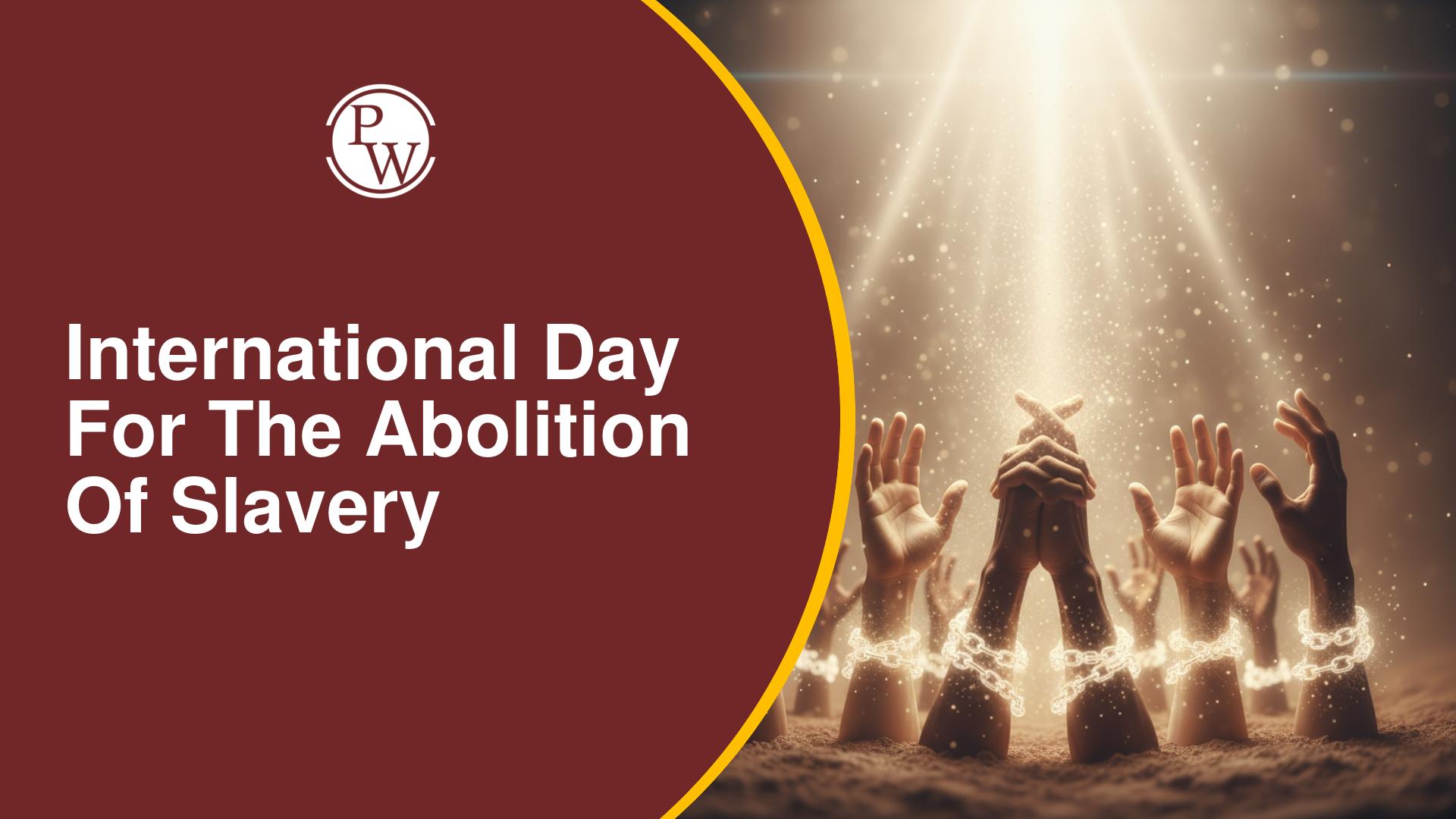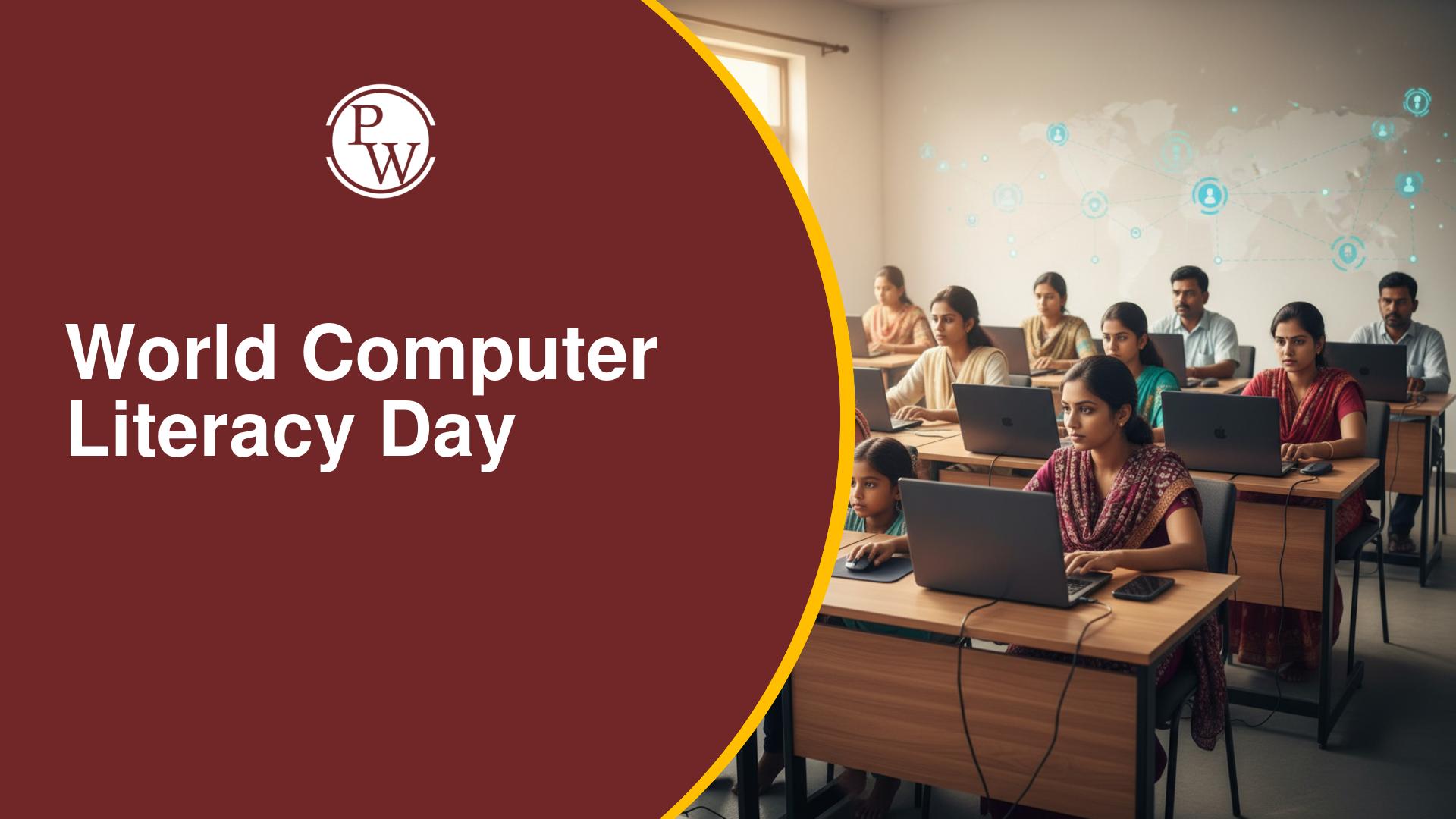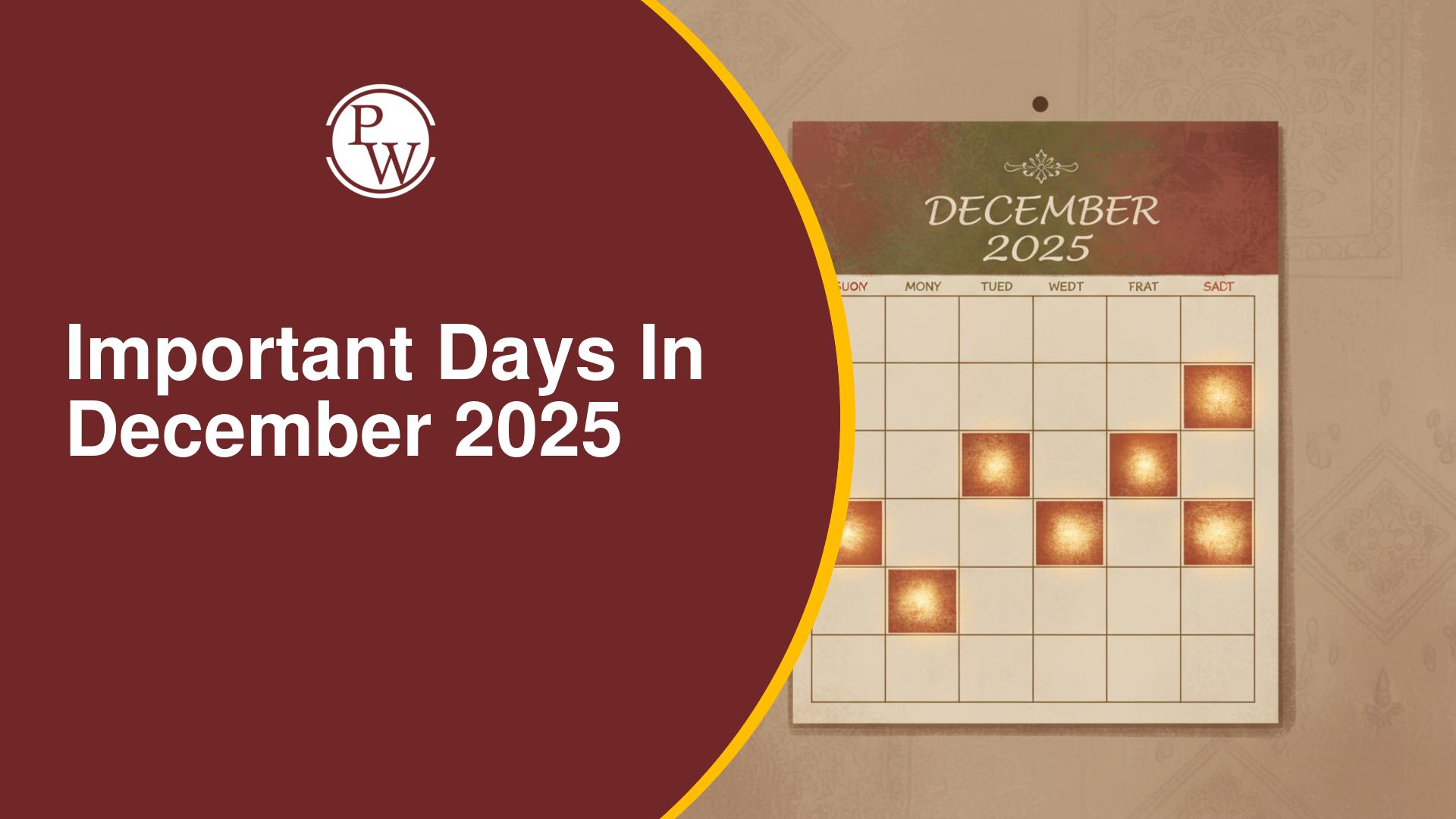
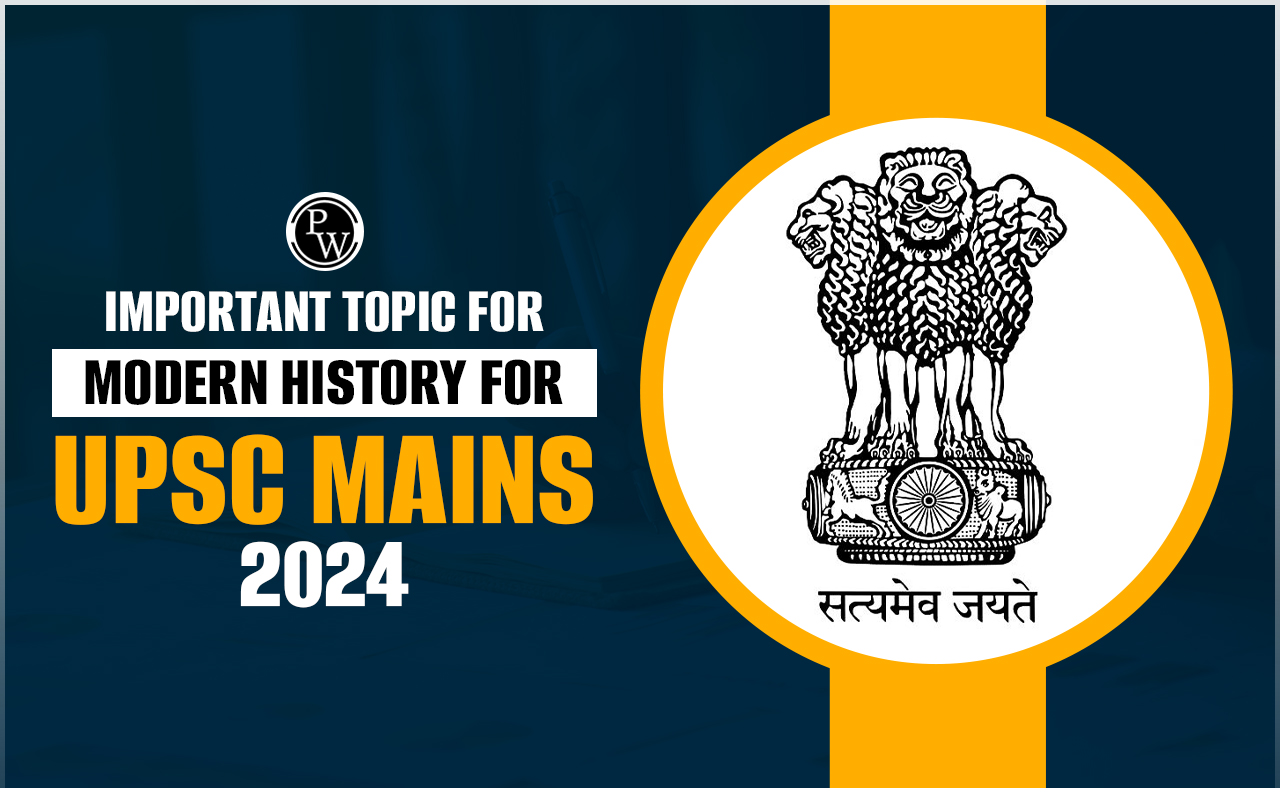
Modern History for UPSC Mains 2024: In the UPSC Civil Services Mains examination , Modern History is a crucial part of General Studies Paper 1. In Modern History, significant historical events from the mid-18th century to 1947 are asked, along with personalities associated with the freedom struggle.
By focusing on the important topics in Modern History for UPSC Mains 2024, candidates can save valuable time while ensuring comprehensive revision of the syllabus. Read on to find out the important topics of Modern History for UPSC Mains and how to read this subject for the future exam.Important Topics in Modern History for UPSC Mains 2024
The weightage of Modern History in GS Paper 1 is usually around 20 to 25 marks . The modern history syllabus for UPSC Mains 2024 includes a broad spectrum of topics, each with its significance and relevance. However, according to the previous year's question analysis, a few topics have frequently appeared in the UPSC Mains GS 1 Paper. Here are those important topics in Modern History that candidates should focus on:| Important Topics in Modern History for UPSC Mains 2024 | |
| Topic | Subtopics |
| British Expansion in India | Battles of Plassey and Buxar, Subsidiary Alliance, Doctrine of Lapse, British administrative policies, People's Resistance Against British Before 1857. |
| Economic Impact of British Rule | Land revenue systems (Permanent Settlement, Ryotwari, Mahalwari), Deindustrialization, Drain of Wealth theory |
| Social and Cultural Impact | Western education, Social reform movements (Raja Ram Mohan Roy, Ishwar Chandra Vidyasagar), Role of Christian missionaries |
| Revolt of 1857 | Causes, Course, Consequences, Major leaders, British suppression methods |
| Indian National Movement | Early nationalists, Extremists, Era of Militant Nationalism (1905-1909), Partition of Bengal, Swadeshi Movement, Early Phase of Indian National Congress, Revolutionary Activities (1907-1917) |
| Gandhian Era | Non-Cooperation Movement and the Khilafat Movement, Civil Disobedience Movement, Quit India Movement, Gandhi’s role and ideology, Emergence of Swarajists, Socialist Ideas, Revolutionary Activities, and Key Personalities |
| Constitutional Developments | Simon Commission, Nehru Report, Government of India Acts (1909, 1919, 1935), Round Table Conferences, Indian Councils Act, Montagu-Chelmsford Reforms |
| Independence and Partition | Mountbatten Plan, Indian Independence Act, Partition of India, Role of Key Leaders |
| Miscellaneous | Peasant Movements (1857–1947), Nationalist Response to World Wars, Indian National Army, Key Constitutional (Charter Acts – 1813, 1833, etc), Administrative, and Judicial Developments During the Colonial Period. |
Also Read: Important Topics For UPSC Mains 2024
How to Read Modern History for UPSC Mains?
To effectively prepare for UPSC Mains, candidates should focus on understanding key events, themes, and personalities in Modern History, considering the history weightage in UPSC Mains. A structured approach on how to study modern history for UPSC Mains is as follows:- Chronology of Events: Make a timeline of key events, their causes, and their consequences. This will help you in a clear understanding of the historical events from an analytical point of view.
- Make Detailed Notes: Note down major events in the form of UPSC Mains answers for revision, such as British policies, their causes, consequences, and long-term implications. You may use comprehensive Modern History Notes by PW OnlyIAS for Mains.
- Key Personalities and their Contributions: List out prominent leaders, reformers, and revolutionaries from Modern Indian History based on PYQ analysis. Study their roles, ideologies, and impact on the independence movement in detail.
- Socio-economic Factors: Focus on the social, political, and economic conditions that shaped the course of modern Indian history. For example, while studying the rise of nationalism, focus on the socio-economic impact of British rule.
- Critically Analyze: Categorize topics into high-priority, medium-priority, and low-priority based on their frequency in previous years' questions (PYQs). Analyze each event, polity, and ideology of key personalities to train your mind for UPSC Mains.
- Practice answer writing: Regularly practice writing answers to UPSC Mains questions. It will help you to improve your analytical and writing skills, which are crucial for the examination.
UPSC Mains Modern History Previous Year Questions
To identify the important topics in Modern History for UPSC Mains, candidates should examine the Modern History Mains PYQ from previous years. Reviewing these Modern History PYQs for UPSC Mains helps highlight recurring themes and questions. Here are the past 5 years’ past 5 years UPSC Mains questions from Modern History:| UPSC Mains Modern History Previous Year Questions | |||
| Year | Question | Marks | Word Limit |
| 2023 | What was the difference between Mahatma Gandhi and Rabindranath Tagore in their approach towards education and nationalism? | 10 | 150 |
| 2023 | How did colonial rule affect the tribals in India and what was the tribal response to the colonial oppression? | 15 | 250 |
| 2022 | Why did the armies of the British East India Company – mostly comprising of Indian soldiers – win consistently against the more numerous and better-equipped armies of the Indian rulers? Give reasons. | 10 | 150 |
| 2022 | Why was there a sudden spurt in famines in colonial India since the mid-eighteenth century? Give reasons. | 10 | 150 |
| 2021 | Trace the rise and growth of socio-religious reform movements with special reference to Young Bengal and Brahmo Samaj. | 10 | 150 |
| 2021 | To what extent did the role of the moderates prepare a base for the wider freedom movement? Comment. | 15 | 250 |
| 2021 | Bring out the constructive programmes of Mahatma Gandhi during Non-Cooperation Movement and Civil Disobedience Movement. | 15 | 250 |
| 2020 | Evaluate the policies of Lord Curzon and their long-term implications on the national movements. | 10 | 150 |
| 2020 | Since the decade of the 1920s, the national movement acquired various ideological strands and thereby expanded its social base. Discuss. | 15 | 250 |
| 2019 | The 1857 uprising was the culmination of the recurrent, big and small local rebellions that had occurred in the preceding hundred years of British rule. Elucidate. | 10 | 150 |
| 2019 | Examine the linkages between the nineteenth century’s ‘Indian Renaissance’ and the emergence of national identity. | 10 | 150 |
| 2019 | Many voices had strengthened and enriched the nationalist movement during the Gandhian phase. Elaborate. | 15 | 250 |
| 2019 | Assess the role of British imperial power in complicating the process of transfer of power during the 1940s. | 15 | 250 |
| Click Here for Topic wise Solved UPSC Mains Modern History PYQs | |||
| UPSC Related Articles | ||
| UPSC Mains Subjects | IAS Officer After 12th | Newspaper for UPSC Exam |
| UPSC Mains Syllabus | Pratigya Diwas 2024 | UPSC Topper 2024 |
Modern History for UPSC Mains 2024 FAQs
Which part of modern history is most important for UPSC Mains?
The Indian National Movement is the most crucial part of modern history for UPSC Mains.
How do I prepare modern history for UPSC Mains?
Focus on creating detailed notes, understanding the chronology of events, and regularly practicing answer writing based on previous years' questions.
What is the weightage of Modern History in the UPSC mains exam?
Modern History carries a weightage of around 20 to 25 marks in the UPSC Mains exam.
Should I make notes for modern history for UPSC Mains?
Yes, making detailed notes is essential for revision for the UPSC Mains exam.
How many questions come from Modern History in UPSC Mains?
In the UPSC Mains exam, the number of questions from Modern History typically ranges from 2 to 5, varying each year.
🔥 Trending Blogs
Talk to a counsellorHave doubts? Our support team will be happy to assist you!

Free Learning Resources
PW Books
Notes (Class 10-12)
PW Study Materials
Notes (Class 6-9)
Ncert Solutions
Govt Exams
Class 6th to 12th Online Courses
Govt Job Exams Courses
UPSC Coaching
Defence Exam Coaching
Gate Exam Coaching
Other Exams
Know about Physics Wallah
Physics Wallah is an Indian edtech platform that provides accessible & comprehensive learning experiences to students from Class 6th to postgraduate level. We also provide extensive NCERT solutions, sample paper, NEET, JEE Mains, BITSAT previous year papers & more such resources to students. Physics Wallah also caters to over 3.5 million registered students and over 78 lakh+ Youtube subscribers with 4.8 rating on its app.
We Stand Out because
We provide students with intensive courses with India’s qualified & experienced faculties & mentors. PW strives to make the learning experience comprehensive and accessible for students of all sections of society. We believe in empowering every single student who couldn't dream of a good career in engineering and medical field earlier.
Our Key Focus Areas
Physics Wallah's main focus is to make the learning experience as economical as possible for all students. With our affordable courses like Lakshya, Udaan and Arjuna and many others, we have been able to provide a platform for lakhs of aspirants. From providing Chemistry, Maths, Physics formula to giving e-books of eminent authors like RD Sharma, RS Aggarwal and Lakhmir Singh, PW focuses on every single student's need for preparation.
What Makes Us Different
Physics Wallah strives to develop a comprehensive pedagogical structure for students, where they get a state-of-the-art learning experience with study material and resources. Apart from catering students preparing for JEE Mains and NEET, PW also provides study material for each state board like Uttar Pradesh, Bihar, and others
Copyright © 2025 Physicswallah Limited All rights reserved.
Get App




